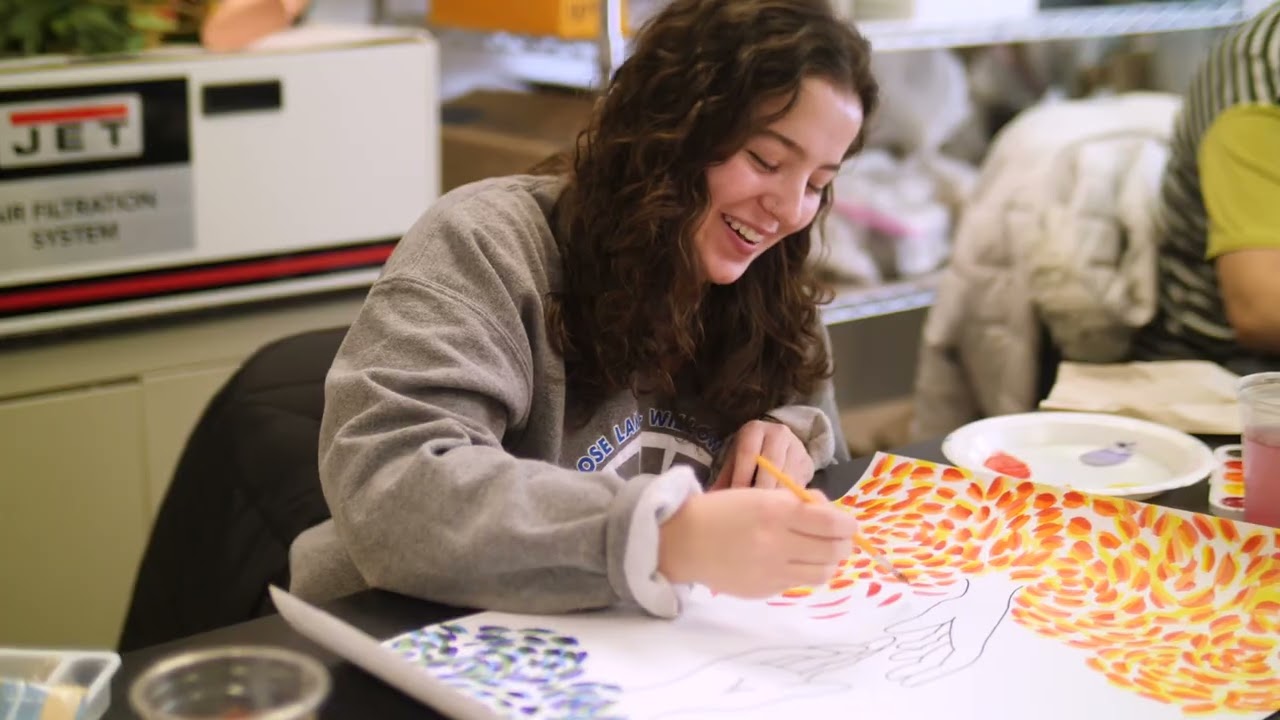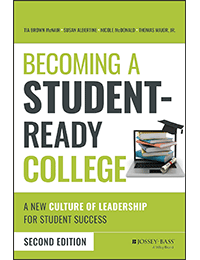Redesigning America’s higher education system is critical to addressing pressing issues like affordability, equity, and relevance in today’s world. Rising tuition costs and student debt have made college inaccessible or financially crippling for many, limiting opportunities and slowing economic mobility. At the same time, many degree programs fail to align with the needs of the modern workforce, leaving graduates unprepared for the jobs of today and tomorrow. A redesigned system would emphasize affordability, workforce alignment, and practical skills, ensuring that education leads to meaningful employment and economic contribution.



